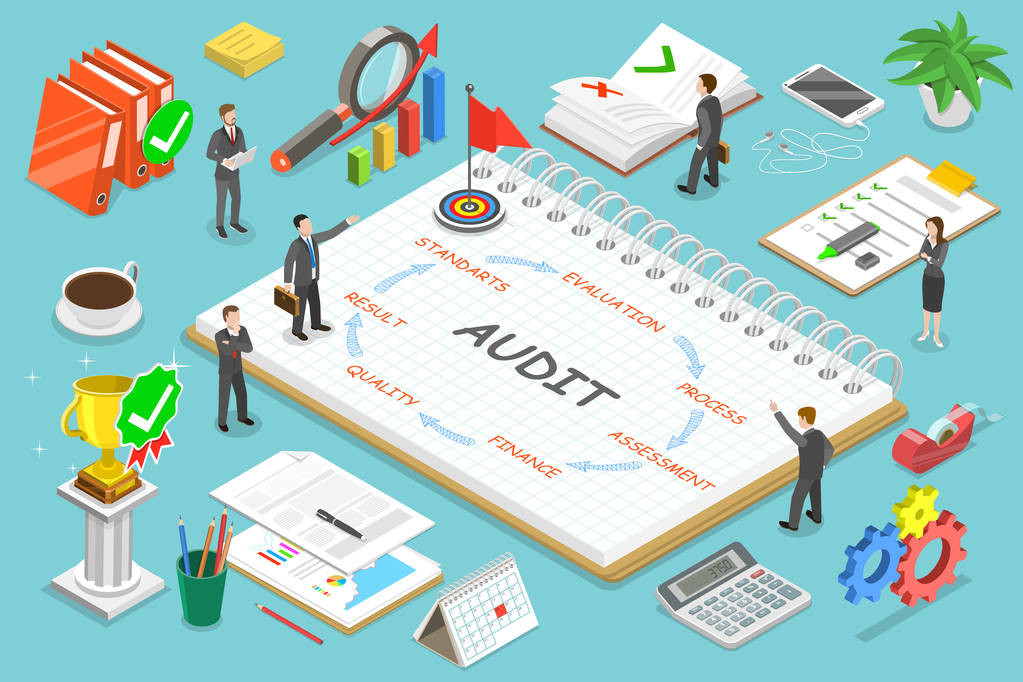Red tape, regulations hinder commercialization of science, tech research


Insufficient regulations and poor implementation, as well as bureaucratic busywork, are impeding the country's efforts to commercialize scientific and technological achievements, the nation's top auditor said on Wednesday.
Auditors randomly checked 69 scientific research institutes nationwide and found 32 of them made less than 10 million yuan ($1.45 million) in commercializing their research achievements between 2015 and 2017. Twelve of these institutes did not commercialize any of their research results at all, Hu Zejun, head of the National Audit Office, said while making the annual audit report to the top legislature.
Inadequate regulations and ineffective implementation are the main reasons behind these institutions' low success rate in turning academic achievements into commercial gains, she told members of the National People's Congress Standing Committee.
Hu said current policies have a narrow definition of "science workers" and "science institutions". Investment companies dedicated to turning research into products, and partnership companies made by scientists are often treated as ordinary companies with no tax breaks. As a result, three research teams from three institutions were encumbered with 29.57 million yuan in tax burden in total, she said.
Voluminous paper work and repetitive inspections also are hampering the efficiency of commercializing scientific and technological output, according to the audit report.
Auditors found that 139 research institutes and universities had been inspected by various government bodies 3,385 times from 2015 to 2017, and 1,204 were for "auditing purposes", despite the national office having only audited 12 times at those entities, the report said.
Under an extreme case, a single project from a university was inspected by four different departments on budget use and end results over a 14-month period, and these departments did not recognize each other's inspection reports as effective. These inspections affected the normal function of research and education at the school, Hu said.
- HK bets on integrated hub to enhance TCM profile
- China widens net in battle against graft
- New US dietary guidelines trigger widespread concern
- China eyes space leap with record satellite filings
- Team formed to investigate the loss of 29 cultural relics
- Investigation into school uniforms confirms safety of waterproof layer





































